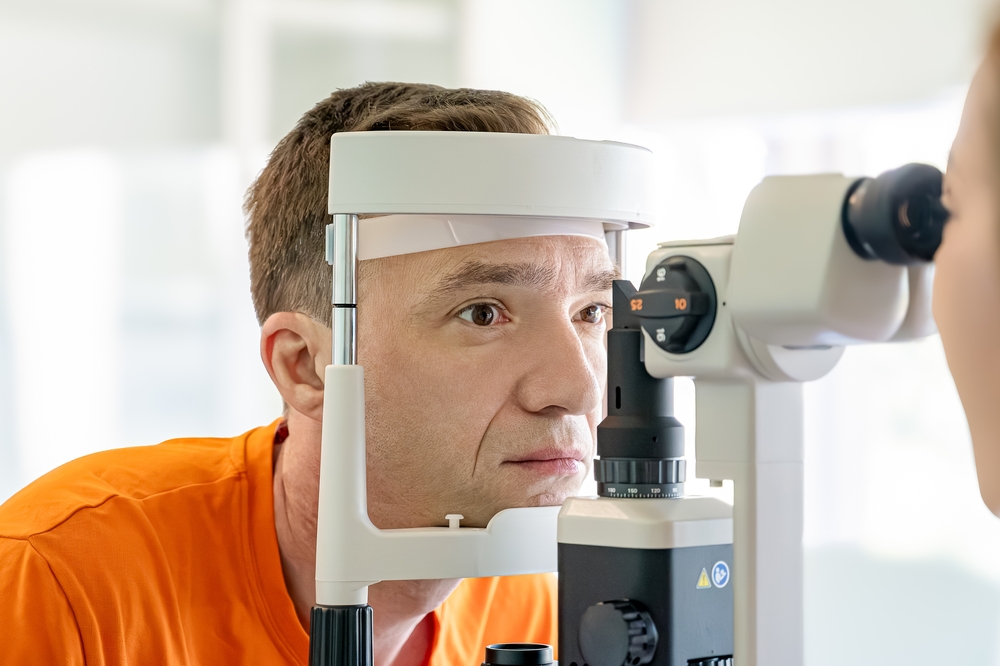
Glaucoma is one of the leading causes of irreversible blindness worldwide, yet many people are unaware they have it until significant vision loss has already occurred. This eye disease develops gradually and often without noticeable symptoms in its early stages, which is why regular eye exams play a vital role in early detection and treatment.
Understanding Glaucoma
Glaucoma refers to a group of eye conditions that damage the optic nerve - the part of your eye responsible for sending visual information to your brain. The most common form, open-angle glaucoma, is typically associated with elevated intraocular pressure (IOP). However, glaucoma can also occur with normal eye pressure, making routine exams even more important for everyone, not just those with risk factors.
The Importance of Early Detection
Glaucoma’s progression is often slow and painless, which means vision loss can go unnoticed until it becomes advanced. Once the optic nerve is damaged, lost vision cannot be restored. Regular comprehensive eye exams allow your optometrist to identify subtle changes in your eye health before symptoms appear. Early diagnosis and intervention are key to preserving vision and maintaining quality of life.
What Happens During a Glaucoma Screening
During a routine eye exam, several tests help detect glaucoma:
Tonometry: Measures the pressure inside your eye.
Ophthalmoscopy: Allows the doctor to examine the optic nerve for signs of damage.
Visual Field Testing: Detects any loss of peripheral vision, which is often one of the first signs of glaucoma.
Optical Coherence Tomography (OCT): Provides detailed imaging of the optic nerve and retina.
These tests are quick, painless, and crucial in identifying the disease early enough to prevent significant vision impairment.
Who Is at Risk for Glaucoma?
While anyone can develop glaucoma, certain factors increase your risk, including:
Being over the age of 40
A family history of glaucoma
High intraocular pressure
Diabetes or hypertension
Previous eye injury or surgery
If you fall into any of these categories, your optometrist may recommend more frequent eye exams to monitor your eye health closely.
Protecting Your Vision Through Prevention
The best defense against glaucoma is a proactive approach to eye care. With consistent eye exams, your optometrist can detect changes early and create a treatment plan - often including prescription eye drops or laser therapy - to help control eye pressure and slow disease progression.
Stay Ahead of Glaucoma at at Primary Vision Care
Glaucoma may not have a cure, but with early detection and proper management, vision loss can often be prevented. Regular eye exams are your best line of defense against this “silent thief of sight.”
Schedule your glaucoma exam at Primary Vision Care to safeguard your sight and maintain lifelong eye health. Visit our office in Newark, Waynesville, Lancaster, Mount Vernon, or Wilmington, Ohio. Call (740) 299-1155, (513) 897-2211, (740) 654-9909, (740) 393-6010, or (937) 382-4933 to book an appointment today.







